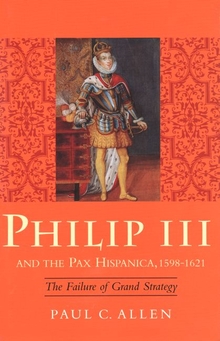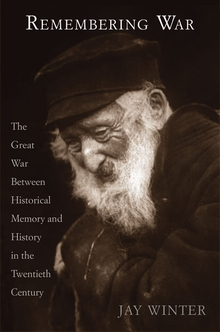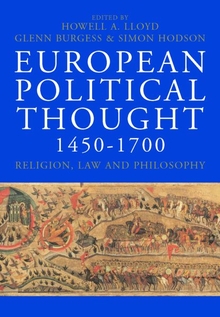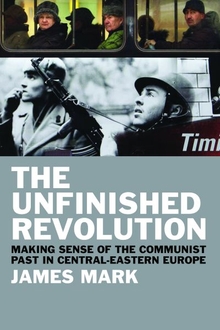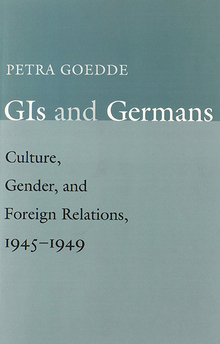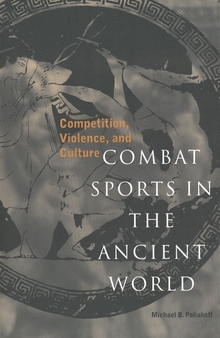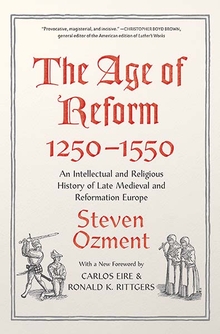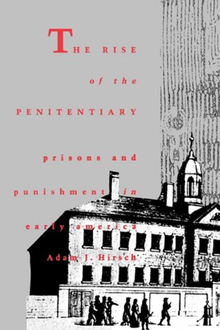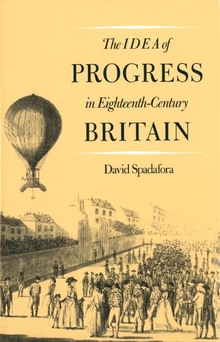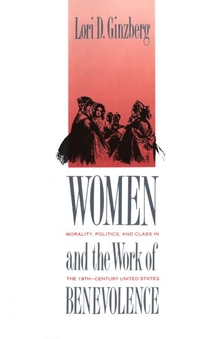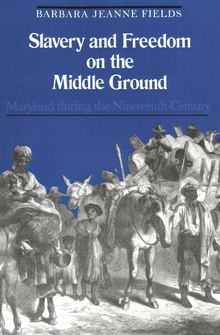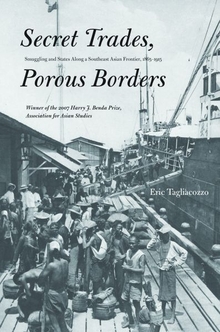Philip III and the Pax Hispanica, 1598-1621
WARNING
You are viewing an older version of the Yalebooks website. Please visit out new website with more updated information and a better user experience: https://www.yalebooks.com
The Failure of Grand Strategy
Paul Allen
Impoverished and exhausted after fifty years of incessant warfare, the great Spanish Empire at the turn of the sixteenth century negotiated treaties with its three most powerful enemies: England, France, and the Netherlands. This intriguing book examines the strategies that led King Philip III to extend the laurel branch to his foes. Paul Allen argues that, contrary to widespread belief, the king’s gestures of peace were in fact part of a grand strategy to enable Spain to regain military and economic strength while its opponents were falsely lulled away from their military pursuits. From the outset, Allen contends, Philip and his advisers intended the Pax Hispanica to continue only until Spain was able to resume its battles—and defeat its enemies.
Drawing on primary sources from the four countries involved, the book begins with a discussion of how Spanish foreign policy was formulated and implemented to achieve political and religious aims. The author investigates the development of Philip’s “peace” strategy, the Twelve Years’ Truce, and the decision to end the truce and engage in war with the Dutch, and then with the English and French. Renewed warfare was no failure of peace policy, Allen shows, but a conscious decision to pursue a consistent strategy. Nevertheless the negotiation for peace did represent a new diplomatic method with significant implications for both the future of the Spanish Empire and the practices of European diplomacy.
Drawing on primary sources from the four countries involved, the book begins with a discussion of how Spanish foreign policy was formulated and implemented to achieve political and religious aims. The author investigates the development of Philip’s “peace” strategy, the Twelve Years’ Truce, and the decision to end the truce and engage in war with the Dutch, and then with the English and French. Renewed warfare was no failure of peace policy, Allen shows, but a conscious decision to pursue a consistent strategy. Nevertheless the negotiation for peace did represent a new diplomatic method with significant implications for both the future of the Spanish Empire and the practices of European diplomacy.
Paul Allen is adjunct assistant professor at Weber State University.
ISBN: 9780300076820
Publication Date: February 9, 2000
Publication Date: February 9, 2000
352 pages, 6 1/8 x 9 1/4
6 b/w illus.
6 b/w illus.

